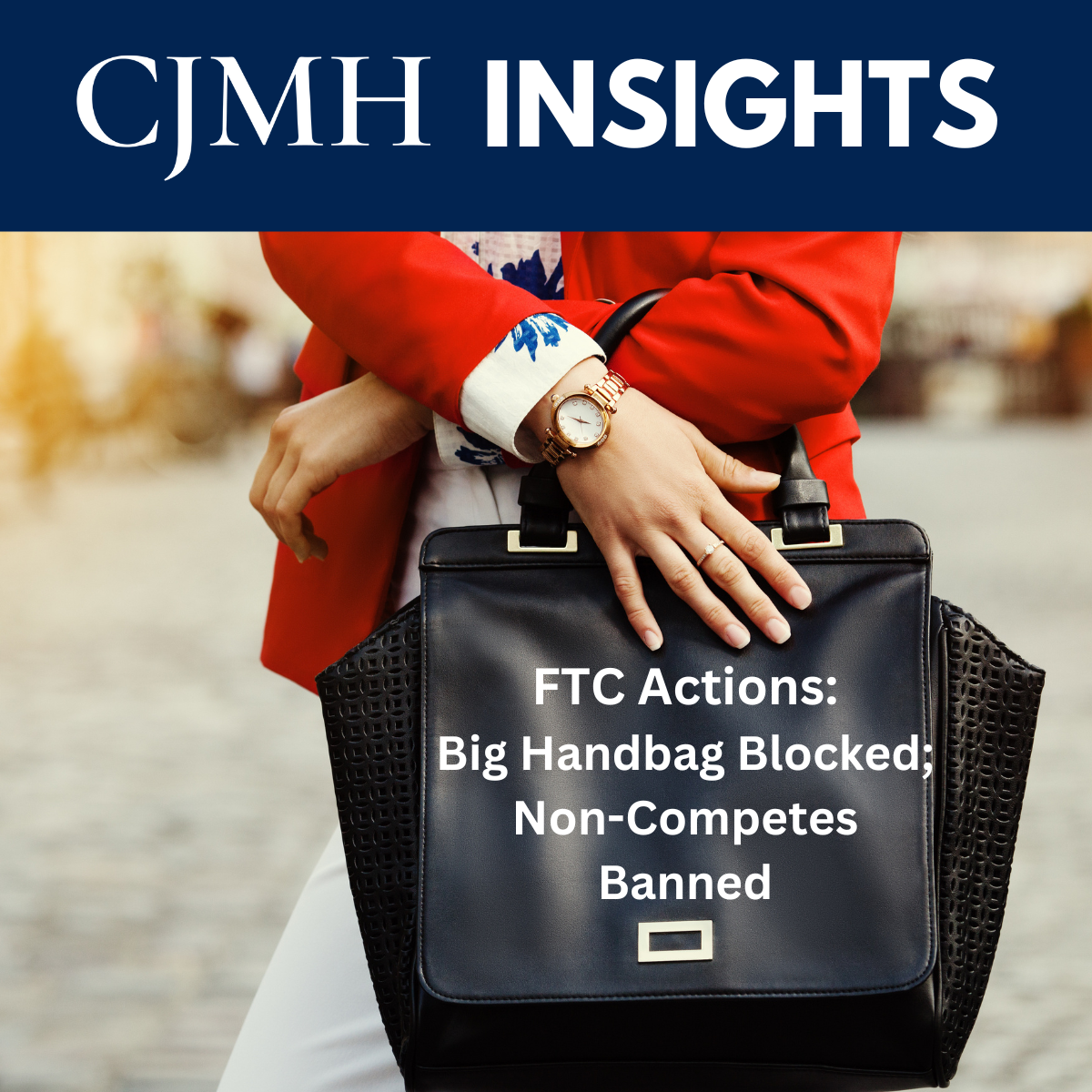It’s Lina Khan’s world and we are just living in it
Federal Trade Commission chair, Lina Khan, has had a busy week. On Monday, the FTC sued to block the proposed merger of Coach and Michael Kors on the basis of antitrust law. Despite the diversified handbag industry, the suit contends that the merger would be anticompetitive and would result in fewer choices and higher prices for (upper middle class) consumers. However, the luxury handbag industry is diversified and dominated by European designers, so the rationale seems dubious. More novel is the FTC claim (based on the FTC’s recently revised merger review guidelines) that the merger should be blocked under antitrust law on the grounds that it might have a negative impact on employee benefits and wages. If successful, any sizeable merger or acquisition might be challenged based on speculation about the effect on wages. Such a result will significantly increase the cost of large transactions, as well as cause delay and uncertainty when companies are trying to put together deals in the ordinary course of business. We will monitor this potential development in antitrust law.
FTC Bans Non-Competes
On Tuesday, the FTC, a federal agency with no legislative authority, issued a final rule banning non-competes otherwise allowed under state law. The new rule would not ban non-competes arising from a bona fide business sale, existing non-competes imposed on senior executives or non-competes between business owners. In addition, the new rule does not appear to apply to clauses preventing employees from soliciting customers or former co-workers. However, as things stand, it is federal policy that all other existing non-competition provisions in employment agreements are currently unenforceable.
Non-competes can be abused by employers who wish to improperly limit the future job opportunities of employees. However, used selectively, non-competition agreements can serve the legitimate business interest of preventing key employees from leaving the employment of one company and immediately going to work for a direct competitor – taking with them know-how and client relationships. Non-disclosure agreements would remain legal under the FTC rule and state and federal trade secret laws will remain in effect.
The Non-Compete ban will inevitably be challenged. However, clients should consider best available practices to protect their intellectual property and client relationships in a world without non-competition agreements. We will monitor the situation and are available to discuss alternative solutions for employers.
This Insights presented by Doug McCullough [email protected] and Danny Long [email protected].
